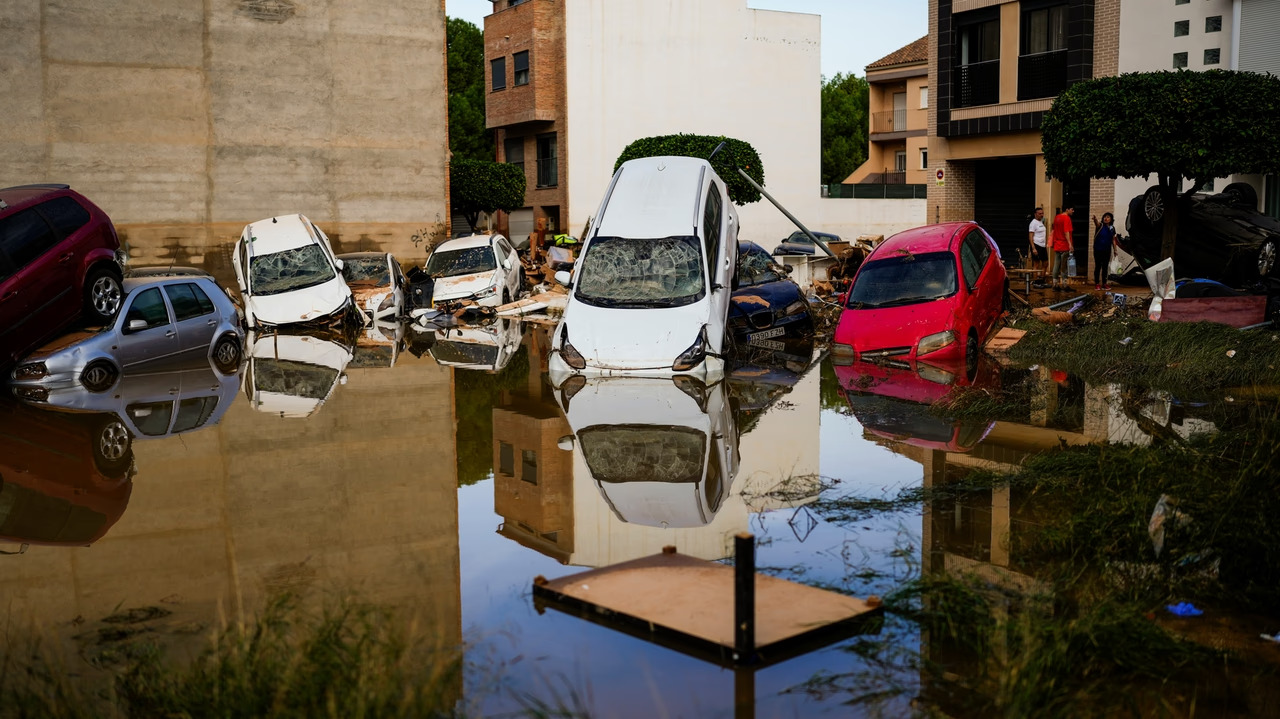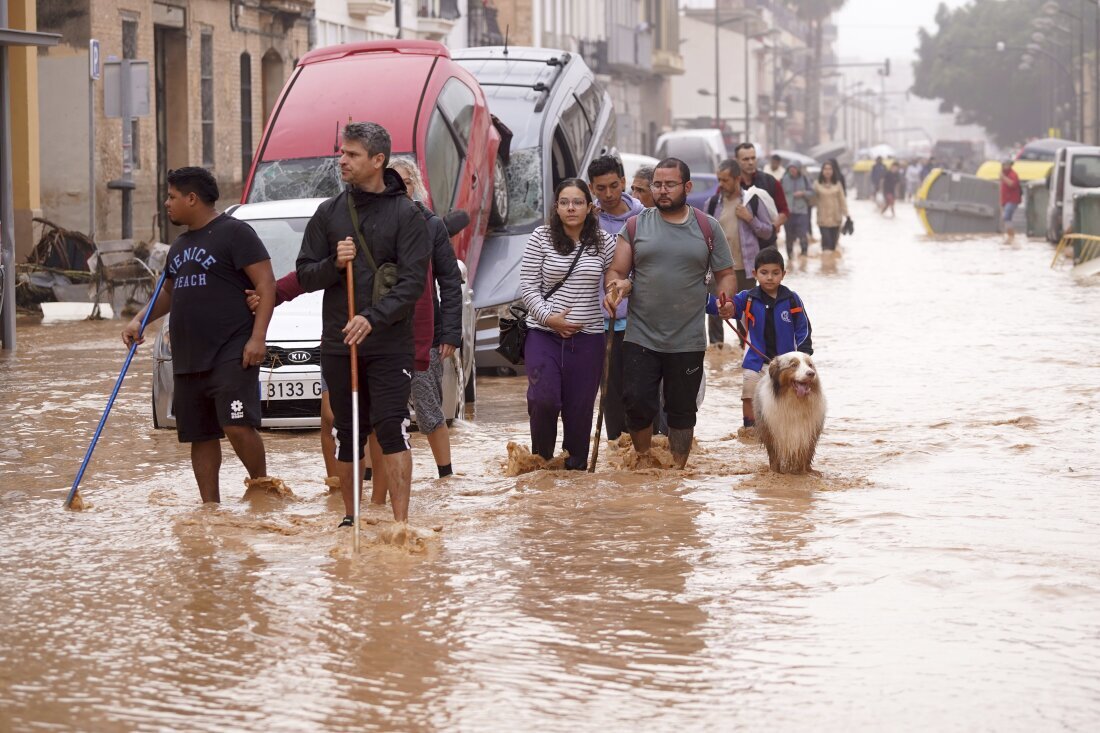The Valencia region of Spain has experienced devastating floods, resulting in over 200 deaths. The severe weather conditions that led to this catastrophe are unprecedented, with roads transformed into rivers and thousands of homes inundated. The storms, known as gota fría or “cold drop,” typically occur when cold autumn air interacts with warm Mediterranean waters, creating dense cloud formations.
However, this particular rainfall was reported to be ten times more intense than what is usually expected during such events, leading to widespread destruction and loss of life.
In addition to the immediate devastation, the regional government faces criticism for its handling of weather warnings. The extreme nature of the flooding has caught many by surprise, raising concerns about preparedness and response to such severe weather events.
While southern Europe often contends with issues like heat waves and wildfires, this flooding marks a stark shift, highlighting the changing patterns of weather in the region. The public outcry over the government’s response underscores the urgent need for improved communication and disaster preparedness strategies.
The recent flooding in Spain is seen in the context of a broader pattern of extreme weather events exacerbated by climate change. Climate scientists are investigating the impact of rising temperatures on the frequency and severity of such disasters. Preliminary studies suggest that the likelihood of these floods has doubled due to global warming.

Experts increasingly emphasize that droughts and floods are interconnected phenomena, with the diminished absorbency of dry soil contributing to flooding when heavy rains do occur. This situation is not unique to Spain; other regions have also faced similar extreme weather events, further illustrating the ramifications of climate instability.
Despite the dire situation, there are signs of progress in addressing climate change. Greenhouse gas emissions in the European Union have fallen by 8% in 2023, bringing levels down to 37% below those recorded in 1990, largely due to a surge in renewable energy adoption.
However, the upcoming UN climate talks in Baku face skepticism, especially with a lack of significant advancements at the recent biodiversity summit in Colombia. The host country’s plans to expand gas production and major energy companies scaling back their green investments signal a troubling trend of political denial regarding climate change.
Public sentiment in Spain leans towards recognizing the urgency of climate change and supports policies aimed at mitigation. There is a growing understanding that severe weather events should be classified as climate disasters rather than mere natural occurrences.
As such, effective policies are essential to help communities adapt to increasing risks associated with climate change. This includes implementing timely warning systems and comprehensive recovery plans. Ultimately, addressing the threats posed by dangerous weather remains a critical political challenge for Spain and other nations grappling with the impacts of climate change.

